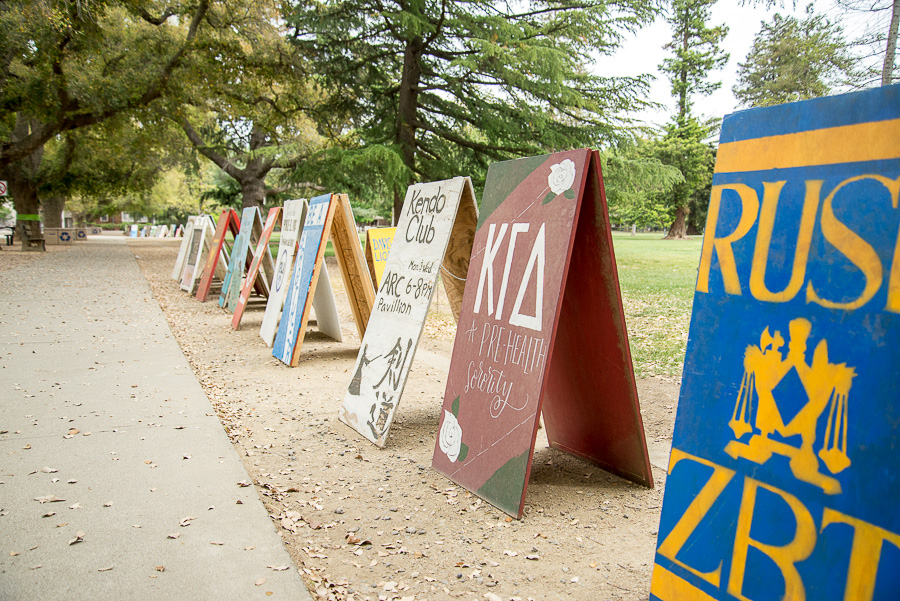
Students look to cultural clubs, religious organizations for peer solidarity
Throughout the years spent in college, individuals may find different groups that can eventually lead them to develop a sense of community. Students can take advantage of different peer groups, varying from classmates to neighbors, in order to make connections.
Organizations often provide the opportunity to bring together students of similar backgrounds or interests. Through these groups, individuals can find a community that they relate to and can quickly connect with. Brian Jahja, a second-year food science major, noted how the structure and supportive nature of on-campus organizations helps facilitate this feeling of community among students.
“To me, community is an active support system and a place to feel like you belong and I’ve found this sense of community in the various organizations on campus,” Jahja said. “I think that a lot of the organizations on campus are really good in their attempts to well-integrate you into their community.”
Organizations on campus provide a place for people of similar upbringings or circumstance to relate to one another and foster community through the bonds of mutual understanding and similar roots.
“As an international student from Indonesia, the Indonesian Club has definitely helped me find community,” Jahja said. “The club brings all the Indonesians on campus to one localized place and they hold tons of events throughout the year. You might not be able to see those people every day but that’s why the structure is in place, it gives you more of a reason to meet up. Membership isn’t mandatory, if anything it gives you an opportunity to get involved with a community.”
Other organizations, such as Christian fellowships, give students the opportunity to surround themselves with others of similar beliefs. Emily Trang, a third-year design major, recounted finding her main community through her fellowship during her first year, and how she maintained that community throughout her college experience.
“I found community through [Davis Christian Fellowship], my fellowship on campus,” Trang said. “They’re all people who support me and who I can go to with anything, whether it’s something happy or sad. We all have the same beliefs and they remind me about things when I need to be reminded. They support me through pretty much everything.”
Students can also look to find communities outside of structured on-campus organizations. Angel Fang, a third-year managerial economics major, noted how most of her current community stems from the initial relationships she made in the dorms during her freshman year.
“I didn’t necessarily find a sense of community through campus organizations like a lot of other people do,” Fang said. “I think I mostly found community through my current housemates who I initially met because of dorm life. It would usually start with one or two people I’ve met and just branch out from there. Usually people they know through things like clubs or organizations or classes somehow become incorporated into my friend group and my community.”
Fang explained how the structure of dorm life facilitates friendships and community in a way that’s difficult to replicate in another setting.
“Being forced to live with people you don’t know definitely forces you to open yourself up a little more,” Fang said. “My roommate in freshman year was completely random but I still live with and talk to her every day.”
While structured organizations or living communities may be effective ways to meet new people, students tend to agree that classes are a difficult source of foundation for a community.
“It’s definitely easier to find community through organizations than classes,” Trang said. “With classes you usually just show up for class and when it’s over you leave; organizations are always there.”
Other students tend to find that working with peers throughout the quarter is helpful purely while in the class and working toward a common goal. However, without the structure of the class in place, students often fall out of touch with one another.
“I haven’t found a strong, sustainable community from doing things like group projects or meeting people in classes,” Fang said. “I find that after the class is over, it’s really rare that you talk to them again after that.”
Written by: Alyssa Hada — features@theaggie.org



